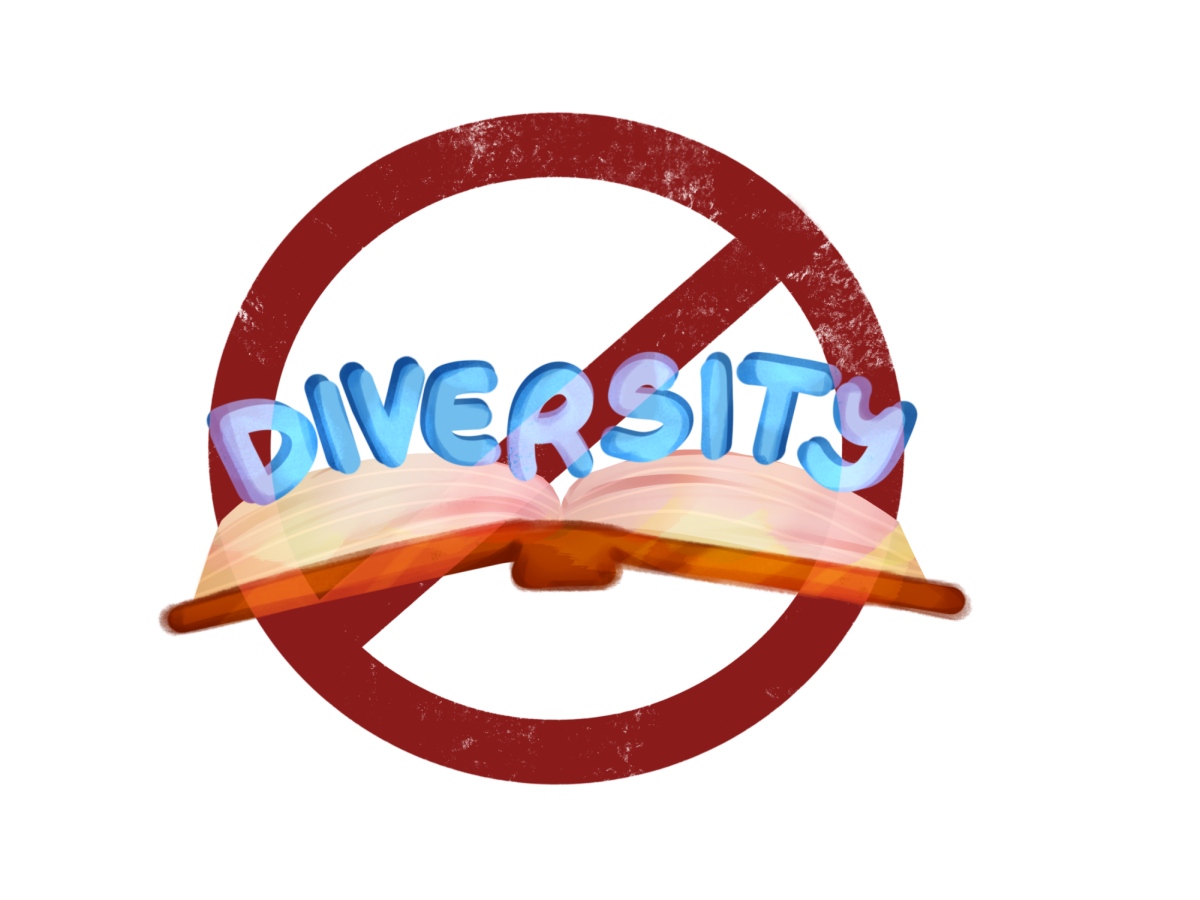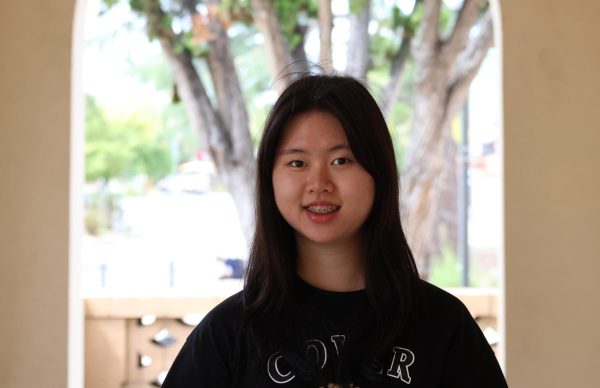Books are gateways that allow readers to stretch the limits of their imagination and explore ideas beyond the bounds of their own knowledge. However, the stories that often mirror our own challenges and backgrounds are at risk of being removed from school library shelves across the country due to conservative concerns about students being exposed to mature or controversial topics.
As someone who finds great comfort and joy in reading books, it’s disheartening to watch novels that encourage open-mindedness teeter on the edge of bans for not conforming to popular perspectives.
Though California Gov. Gavin Newsom signed bill AB 1078 on Sept. 25 to prohibit schools from banning books considered “too inclusive” or diverse, censorship remains a deeply-rooted concept ingrained in the public school system and is backed by strong support from voters. This cumulation of public sentiment has the potential to reach schools and public libraries, even in California where these protections exist.
Book bans, aside from restricting access to unpopular or uncomfortable points of view, can stifle critical thinking and hinder the growth of empathy and understanding. Those with the authority to ban books have massive influence over the intellectual growth of current and future generations, as well as society.
Teacher librarian Sima Thomas said she hasn’t faced any requests to remove or ban books from the school library yet. However, she did say the PAUSD school district offers a challenge form that allows an offended party to state their concerns about a book and request a meeting with the principal to discuss specifics and possible future action.
When making decisions to include new books in the library, Thomas said the Paly librarians consider a wide range of factors, including student interest, high school curriculum, adolescent experience and individual request.
“An example of when I hesitated to add a book was last year when Colleen Hoover became very popular and many students were requesting her books, like ‘It Ends With Us’ and ‘Verity’,” Thomas said. “I read through the books and was hesitant myself, but ultimately gave in to the many requests, and the books have been very popular and ultimately my top priority is fostering lifelong reading for enjoyment, and these books served that goal. They have never been challenged, however, by students, parents or Paly staff.”
Books that are more frequently targeted for challenges in other places typically cover topics including LGBTQ+ identity, race and racism, violence, sexual assault and abuse. Harper Lee’s “To Kill a Mockingbird” — a required reading in the English 10A curriculum — is frequently challenged or banned in other schools due to its coverage of topics including rape, racial violence and inappropriate language. Those who want to ban this book often claim the subject matter is too mature, inappropriate or disturbing for adolescents to read.
But who has the authority to deem what is inappropriate and what isn’t? Though I avoid certain topics when deciding what to read, I also find interest in books that include heavy topics such as violence and mental illness. These books give me the opportunity to inform myself about the nuances of hefty topics in a safe space. And just because I don’t read some genres does not mean I want to stop others from doing so.
For people who have lived sheltered lives, books with mature topics open up a window to see into the real world — a world full of injustice, corruption and diverse experiences. No matter your lived experience, you are bound to learn about different worldviews and backgrounds by exposing yourself to the infinite bounds of literature.
It is ultimately a student’s right to decide which topics or motifs they find uncomfortable in their reading, and doing so encourages students to consciously define their boundaries. Considering that everyone comes from different backgrounds and personal experiences, it does not make sense for schools and communities to generalize what students should and shouldn’t be exposed to.
Furthermore, book bans attempt to force a particular concept or opinion onto society, and directly silences communities or individuals who don’t conform with the status quo. These bans go against democratic ideals and the right to free expression.
Fighting book bans is not only about preserving our right to read; it is also about ensuring diverse education. Repressing unique narratives and stories is a threat which prevents us from understanding and identifying with different viewpoints.
Book bans discourage autonomy, and hinder intellectual growth, especially in younger generations where we already have limited control over our lives due to the cards we are individually dealt. Books about serious topics can help students strengthen their self-identity, empathize with marginalized communities and treat others with increased respect and awareness. We should always advocate for open dialogue and inclusive education rather than censoring as a means of protection, even if it means dealing with sensitive or controversial topics.


